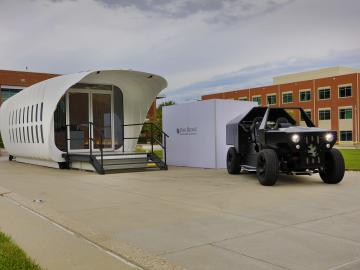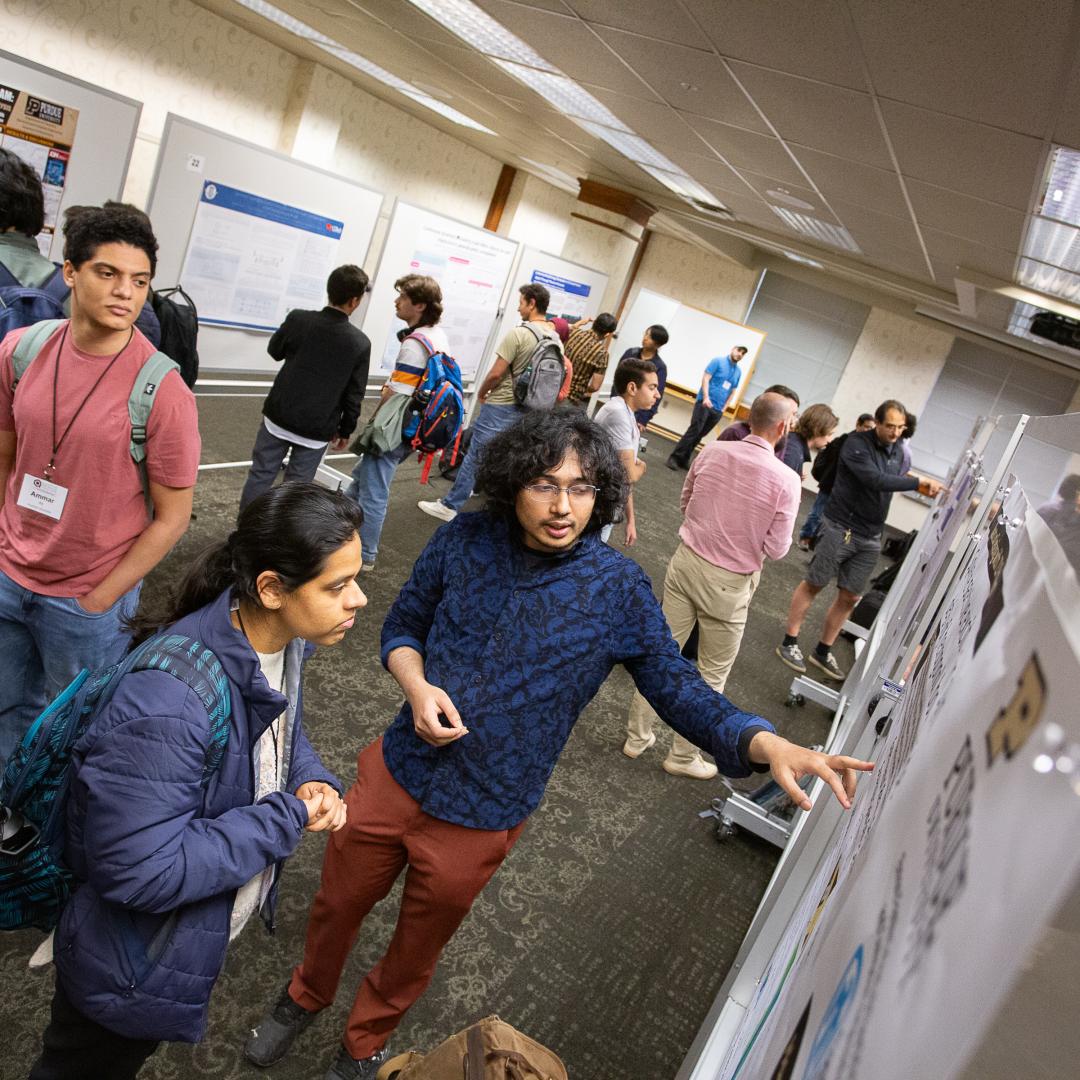Filter News
Area of Research
- (-) Geographic Information Science and Technology (2)
- (-) Transportation Systems (3)
- Advanced Manufacturing (7)
- Biological Systems (5)
- Biology and Environment (7)
- Biology and Soft Matter (1)
- Building Technologies (2)
- Chemical and Engineering Materials (2)
- Chemistry and Physics at Interfaces (6)
- Clean Energy (82)
- Climate and Environmental Systems (1)
- Computational Chemistry (1)
- Data (1)
- Energy Frontier Research Centers (7)
- Fossil Energy (1)
- Functional Materials for Energy (6)
- Fusion Energy (1)
- Isotope Development and Production (2)
- Materials (60)
- Materials Synthesis from Atoms to Systems (5)
- Materials Under Extremes (6)
- Neutron Data Analysis and Visualization (2)
- Neutron Science (27)
- Nuclear Science and Technology (12)
- Quantum Condensed Matter (2)
- Reactor Technology (1)
- Sensors and Controls (1)
- Supercomputing (37)
Media Contacts
It’s common knowledge that driving aggressively can dent gas mileage, but it’s difficult to determine exactly how much gas drivers waste. A new study by researchers at the Department of Energy’s Oak Ridge National Laboratory has quantified the impact speeding and slamming on the brakes has on fuel economy and consumption. They found that aggressive behavior behind the wheel can lower gas mileage in light-duty vehicles by about 10 to 40 percent in stop-and-go traffic and roughly 15 to 30 percent at highway speeds. This can equate to losing about $0.25 to $1 per gallon.

Bruce Lester has had a lot of jobs: fisherman, horse trainer, “professional stair builder.” He last worked for a real estate company, surveying land using geographic software. “When the bottom fell out of the construction industry and the company downsized, I got laid off,”

A research demonstration unveiled today at the Department of Energy’s Oak Ridge National Laboratory combines clean energy technologies into a 3D-printed building and vehicle to showcase a new approach to energy use, storage and consumption. The Additive Manufactur...

Six researchers with the Department of Energy's Oak Ridge National Laboratory received awards at this week's Society of Automotive Engineers International (SAE) World Congress. Scott Sluder received SAE's Lloyd L. Withrow Distinguished Speaker Award, which ...





